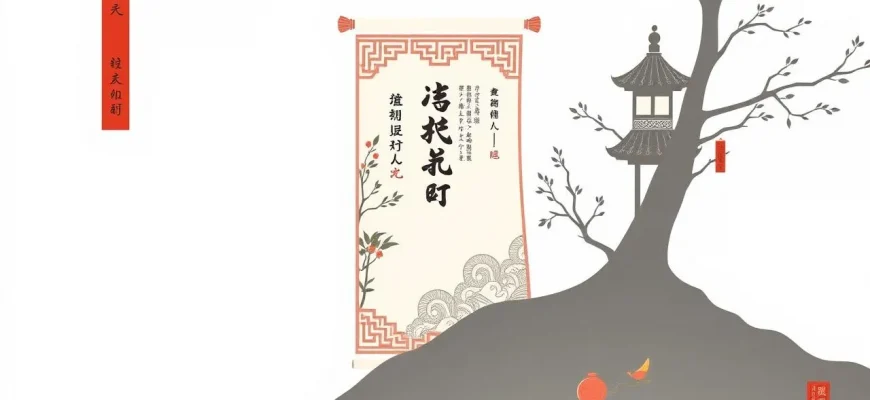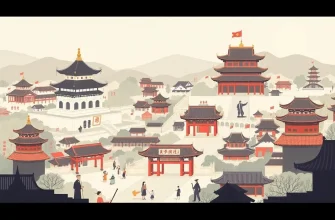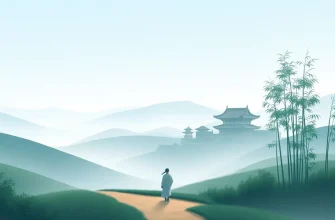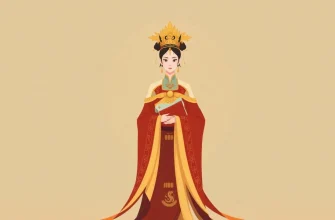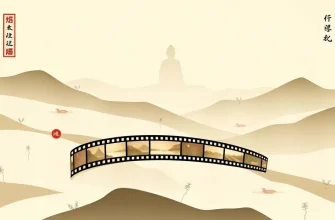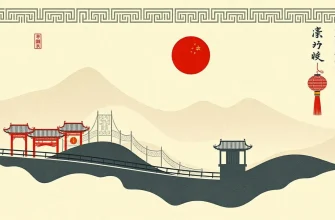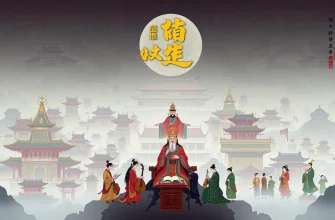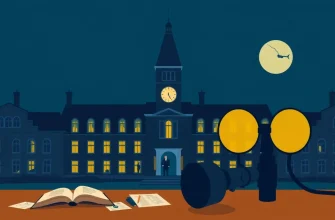Delving into the world of Chinese art through cinema offers a mesmerizing journey through time, showcasing the intricate beauty and profound depth of this ancient culture. This curated list of historical films not only entertains but also educates, providing a window into the soul of China's artistic heritage. From the delicate strokes of calligraphy to the grand spectacles of traditional opera, these films capture the essence of Chinese art, making them a must-watch for anyone fascinated by the intersection of history, art, and storytelling.

The Last Emperor (1987)
Description: This epic biopic of Pu Yi, the last Emperor of China, includes scenes of traditional Chinese art forms like calligraphy and painting, reflecting the cultural richness of the Forbidden City.
Fact: It was the first Western film ever to be allowed to film inside the Forbidden City.
 Watch Now
Watch Now 
Farewell My Concubine (1993)
Description: Spanning over 50 years, this film delves into the world of Peking Opera, showcasing the art form's beauty, discipline, and the personal sacrifices of its practitioners.
Fact: The film was banned in China for a time due to its portrayal of homosexuality and the Cultural Revolution.
 Watch Now
Watch Now 
The Joy Luck Club (1993)
Description: While focusing on the lives of Chinese-American women, this film includes scenes of traditional Chinese art like mahjong, storytelling, and the art of cooking.
Fact: The film was adapted from Amy Tan's bestselling novel and features an all-Asian cast, which was rare at the time.
 Watch Now
Watch Now 
The Emperor and the Assassin (1998)
Description: This historical epic features the art of swordsmanship and the grandeur of ancient Chinese court life, with scenes of calligraphy and music.
Fact: The film was one of the most expensive Chinese films ever made at the time of its release.
 Watch Now
Watch Now 
The Painted Veil (2006)
Description: While not exclusively about Chinese art, this film set in 1920s China features scenes of traditional Chinese painting and the serene beauty of the landscape, influencing the characters' lives.
Fact: The film was shot in various locations in China, including Guangxi Province, known for its stunning karst mountain landscapes.
 Watch Now
Watch Now 
To Live (1994)
Description: This film, directed by Zhang Yimou, spans several decades of Chinese history, showcasing the impact of political changes on traditional arts like shadow puppetry and opera.
Fact: Zhang Yimou was banned from filmmaking for two years after this film due to its critical portrayal of the Cultural Revolution.
 30 Days Free
30 Days Free 
The Road Home (1999)
Description: This Zhang Yimou film tells a love story set against the backdrop of rural China, where traditional crafts like weaving and pottery are integral to the community's life.
Fact: The film was shot in a remote village in Inner Mongolia, showcasing the untouched beauty of the region.
 30 Days Free
30 Days Free 
The King of Masks (1996)
Description: This film explores the traditional Chinese opera and the art of mask-making, focusing on a street performer's life and his quest for a male heir to pass on his craft.
Fact: The film won the Grand Prix at the Paris Film Festival.
 30 Days Free
30 Days Free 
The Blue Kite (1993)
Description: Set during the Cultural Revolution, this film subtly incorporates traditional Chinese art through the protagonist's kite-making, symbolizing freedom and hope.
Fact: The film was banned in China for its depiction of the Cultural Revolution.
 30 Days Free
30 Days Free 
Raise the Red Lantern (1991)
Description: Set in the 1920s, this film explores the life of a concubine in a wealthy household, highlighting the traditional Chinese architecture and the art of living in that era.
Fact: The film was shot in Qiao Family Compound, a well-preserved Qing Dynasty courtyard in Shanxi Province.
 30 Days Free
30 Days Free 
